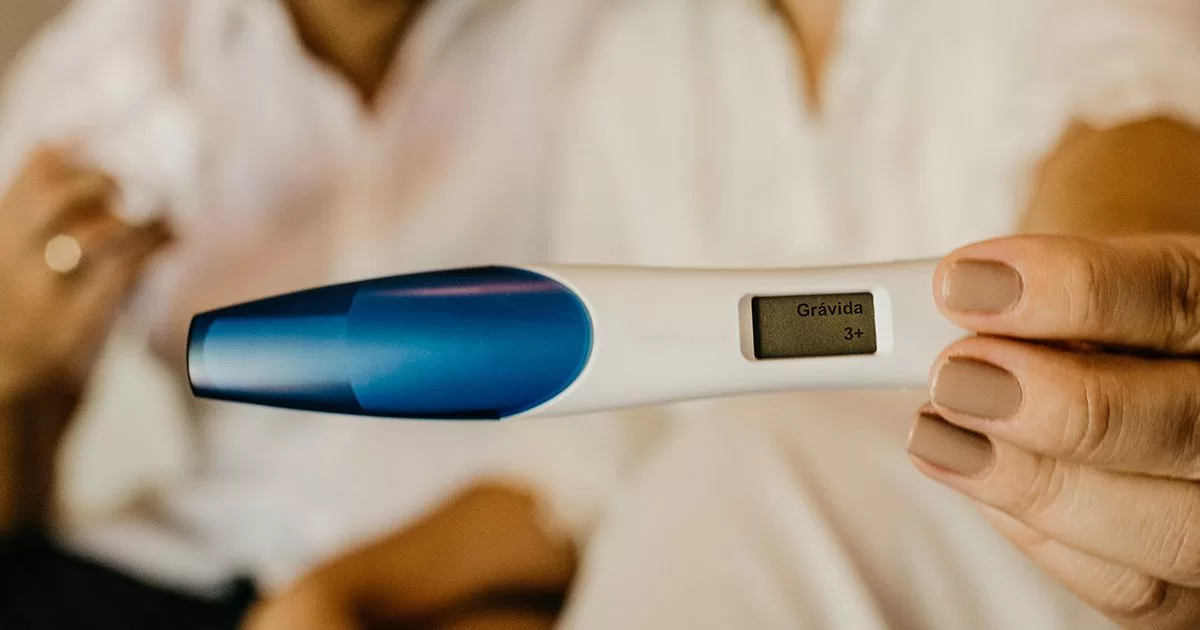MIAMI.- Two people were accused of presenting companies false for a proposed constitutional amendment on the right to abortion in florida, that would go on the ballot in November to likely legalize that medical procedure in the state.
George Edward Andrews III was arrested and booked into the Hernando County Jail on 10 felony charges. The other defendant, Jamie L. Johnson, faces an arrest warrant on the same charges.
According to authorities, Andrews III and Johnson 133 invalid signatures would have been presented in Sumter, Hernando, Pasco and Pinellas counties, according to the Florida Election Crimes Unit.
Florida Secretary of State Cord Byrd emphasized the importance of protecting the integrity of the constitutional amendment process. “The Florida Constitution is a sacred document and there is a legal method by which voters can make amendments,” he stressed.
The proposed constitutional amendment to guarantee the right to abortion in Florida has more than 996,000 citizen signatures, exceeding the minimum requirement to appear on the ballot for the state general elections in November.
Future of abortion in Florida
The news of the arrest of the two defendants coincides with the fact that this Wednesday the Florida Supreme Court would review the ballot text of the abortion amendment proposal. The court must determine whether the text is clear and precise, and whether it meets legal requirements.
The proposal of amendment needs at least 891,589 valid signatures to be put to the vote. That figure has already been surpassed by the initiative’s promoters, according to official figures from the Florida Department of Elections.
The abortion amendment proposal has generated controversy and opposition from conservative and religious groups, who consider it a threat to life and human dignity.
On the contrary, pro-choice and human rights groups defend it as a guarantee for the autonomy and health of women.
The debate over abortion has intensified following the US Supreme Court’s decision to overturn the historic Roe v. Wade, who legalized abortion nationwide in 1973.
The ruling allowed state and federal laws that prohibited or limited abortion to be restricted or overturned, and generated an intense national debate about the legality and morality of abortion.
After the court’s decision, the issue of abortion rights was left to the states.






